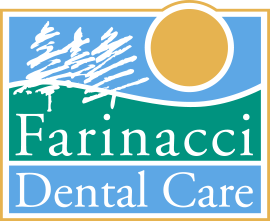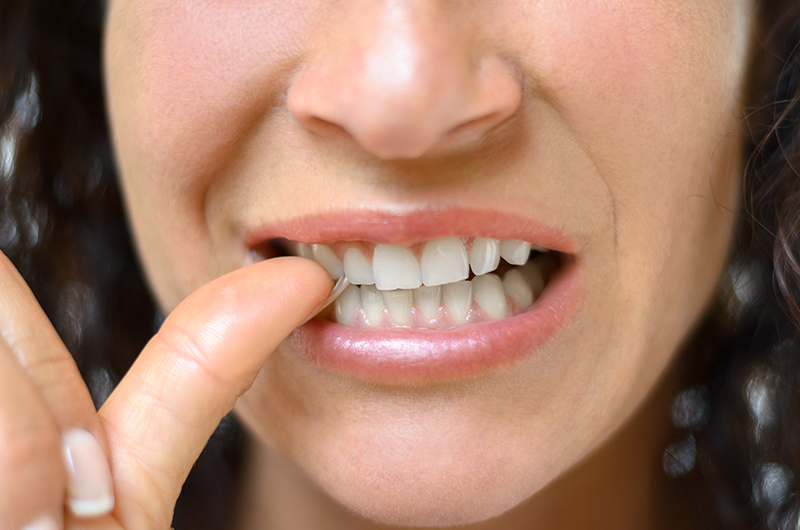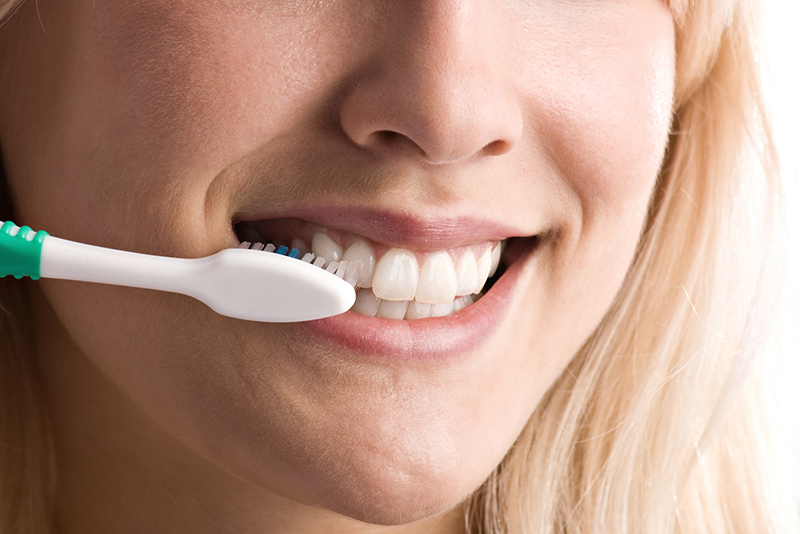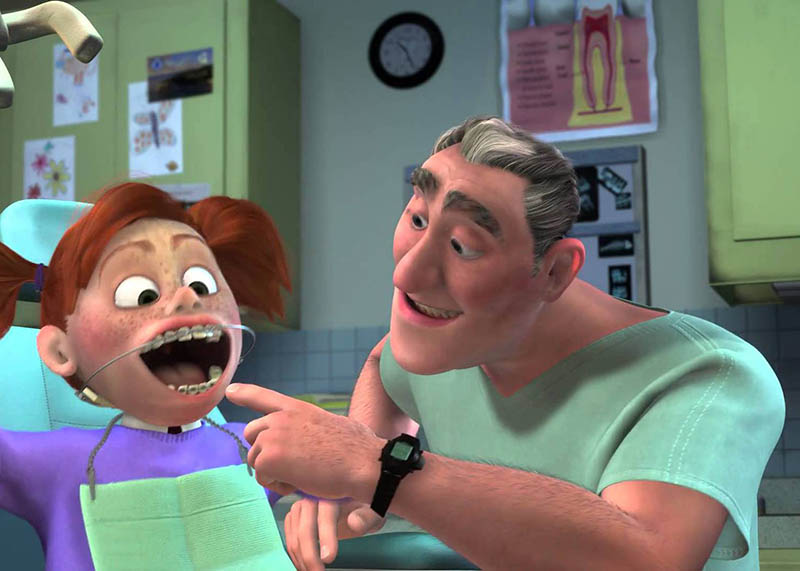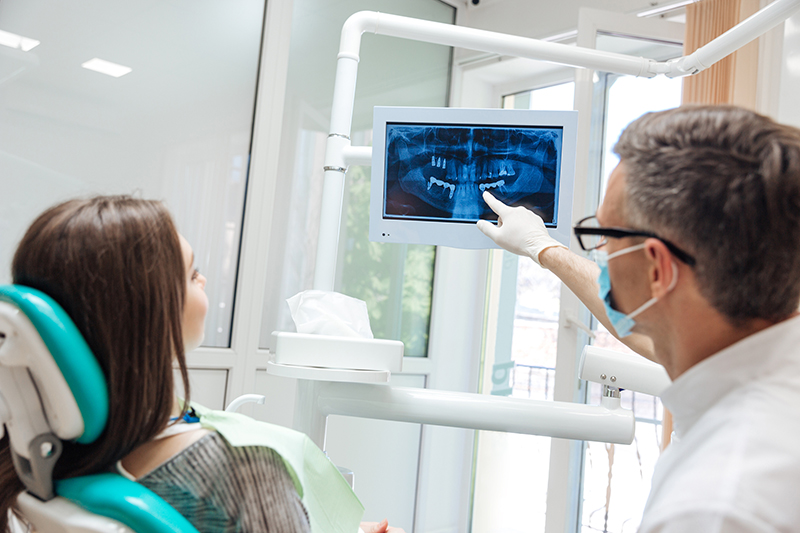Farinacci Dental Care Blog
Emergency Dental Care
July 30, 2018
Even if you take excellent care of your teeth & mouth, sometimes an unforeseen incident could put you in need of emergency dental care. Whether the culprit for your emergency is an injury, a rogue popcorn kernel, or just a mystery toothache, our dental clinic is here for you in an emergency.
Three Bad Habits That Are Terrible for Your Teeth
June 1, 2018
Oral bad habits and compulsions continue into later childhood or develop in adulthood, which can pose risks to your dental health. Here are a few habits that you should nip in the bud.
Three Dental Symptoms You Should Never Ignore
January 2, 2018
Your mouth has many ways of letting you know that something has changed or may be wrong. Nevertheless, when we ask patients whether anything is bothering them about their smile
